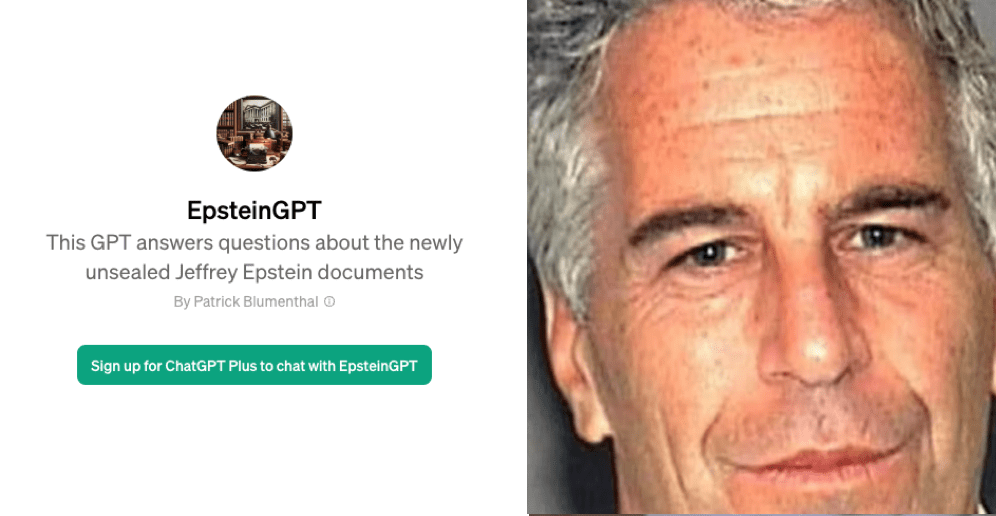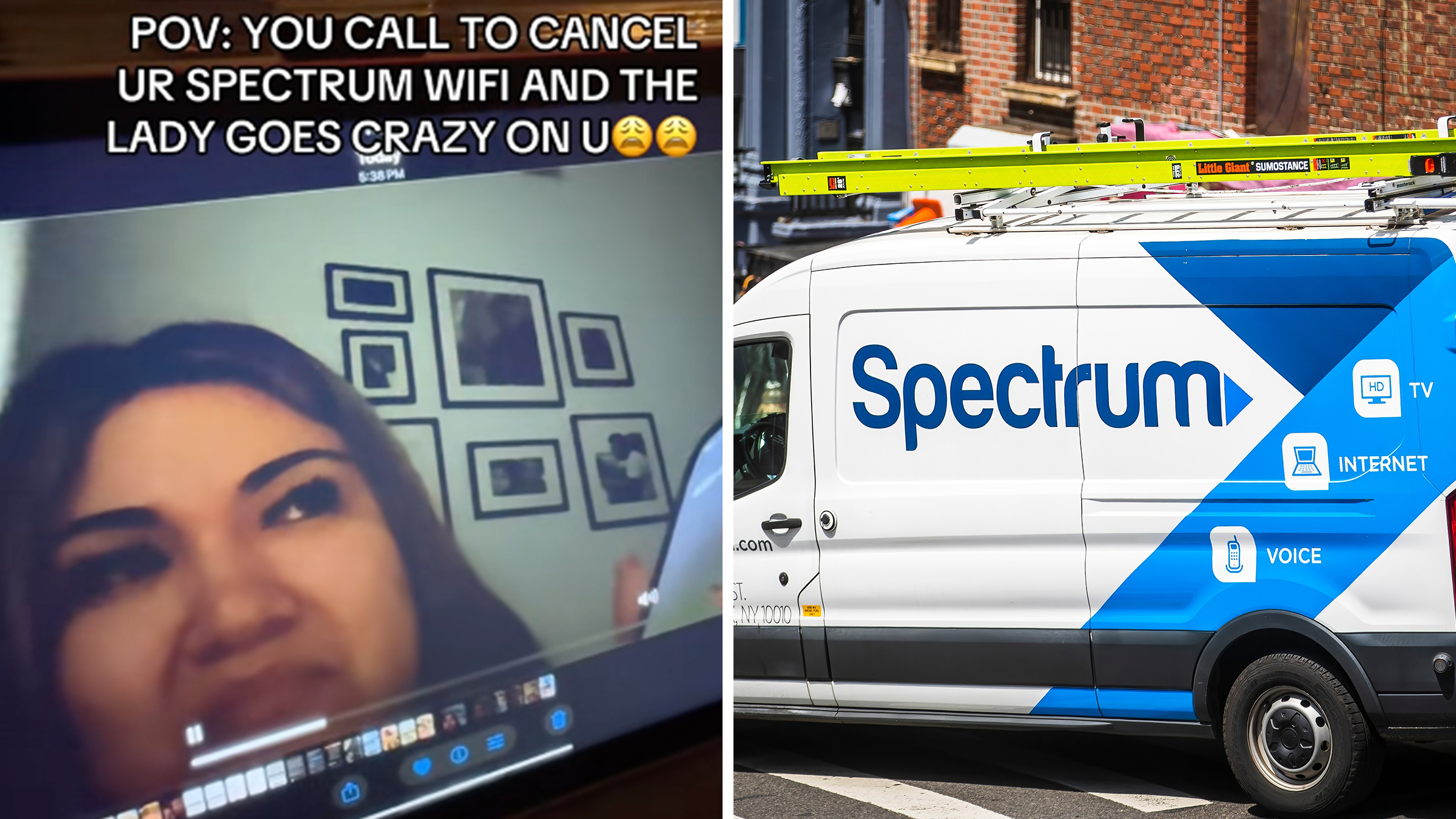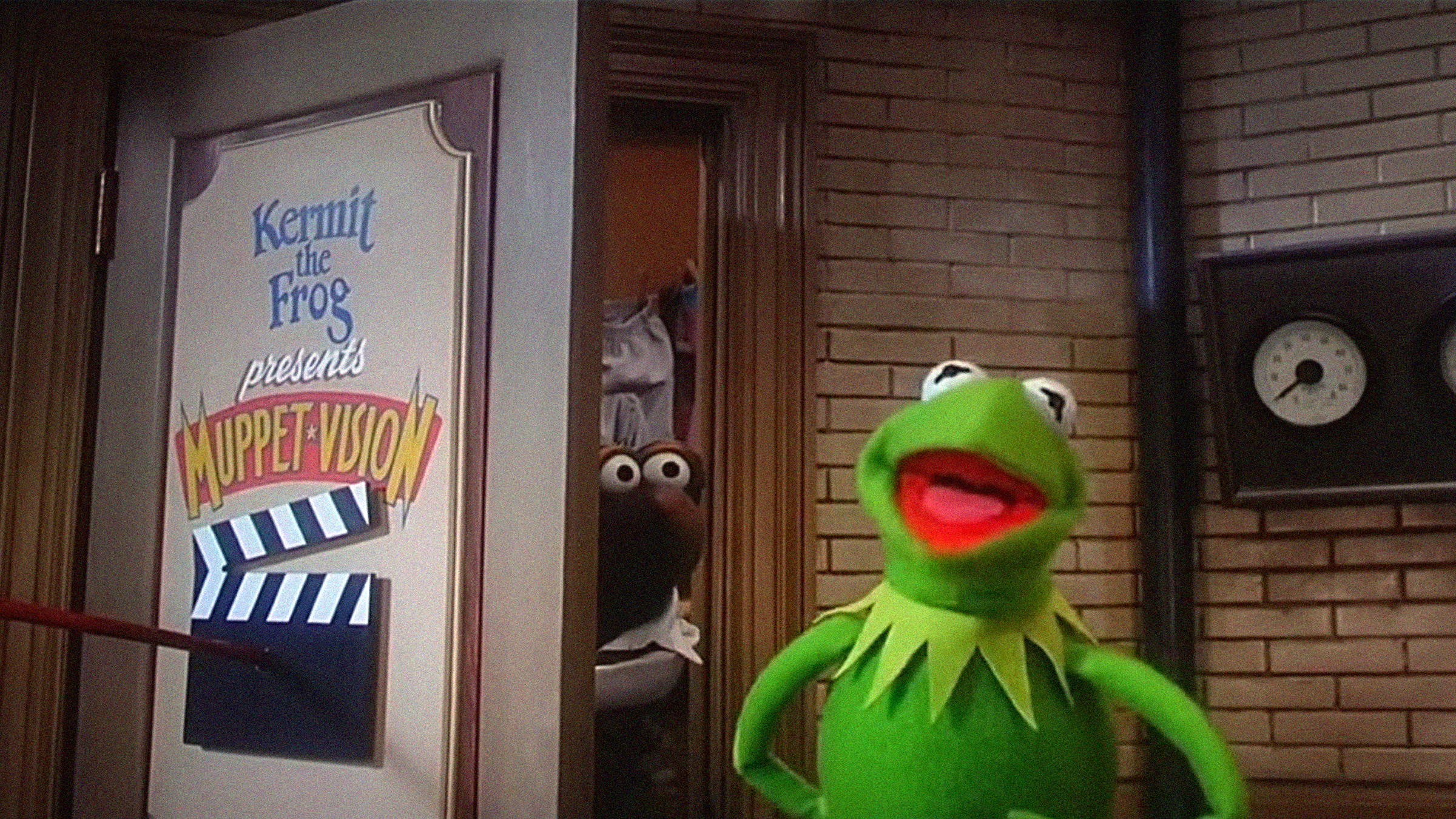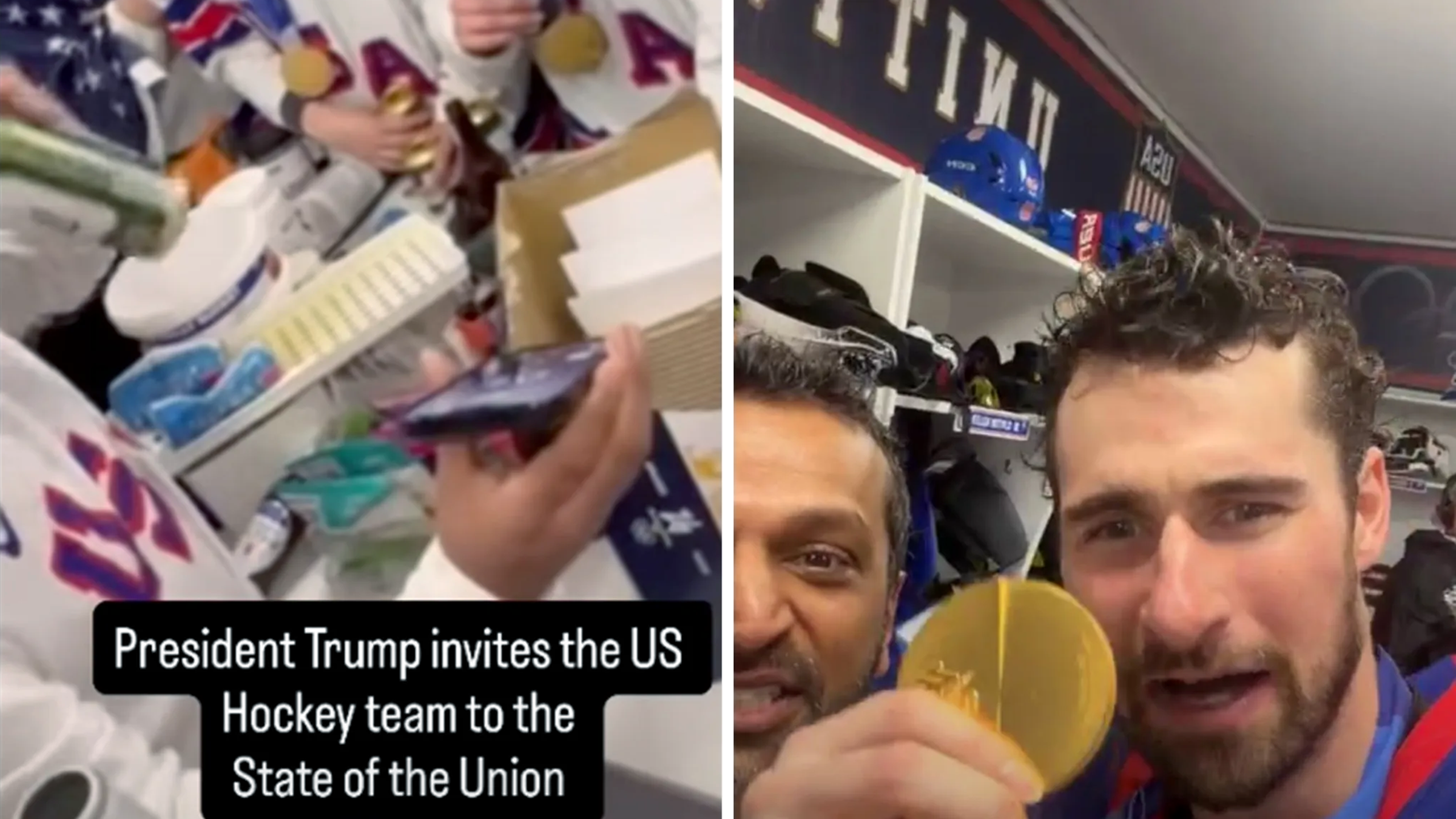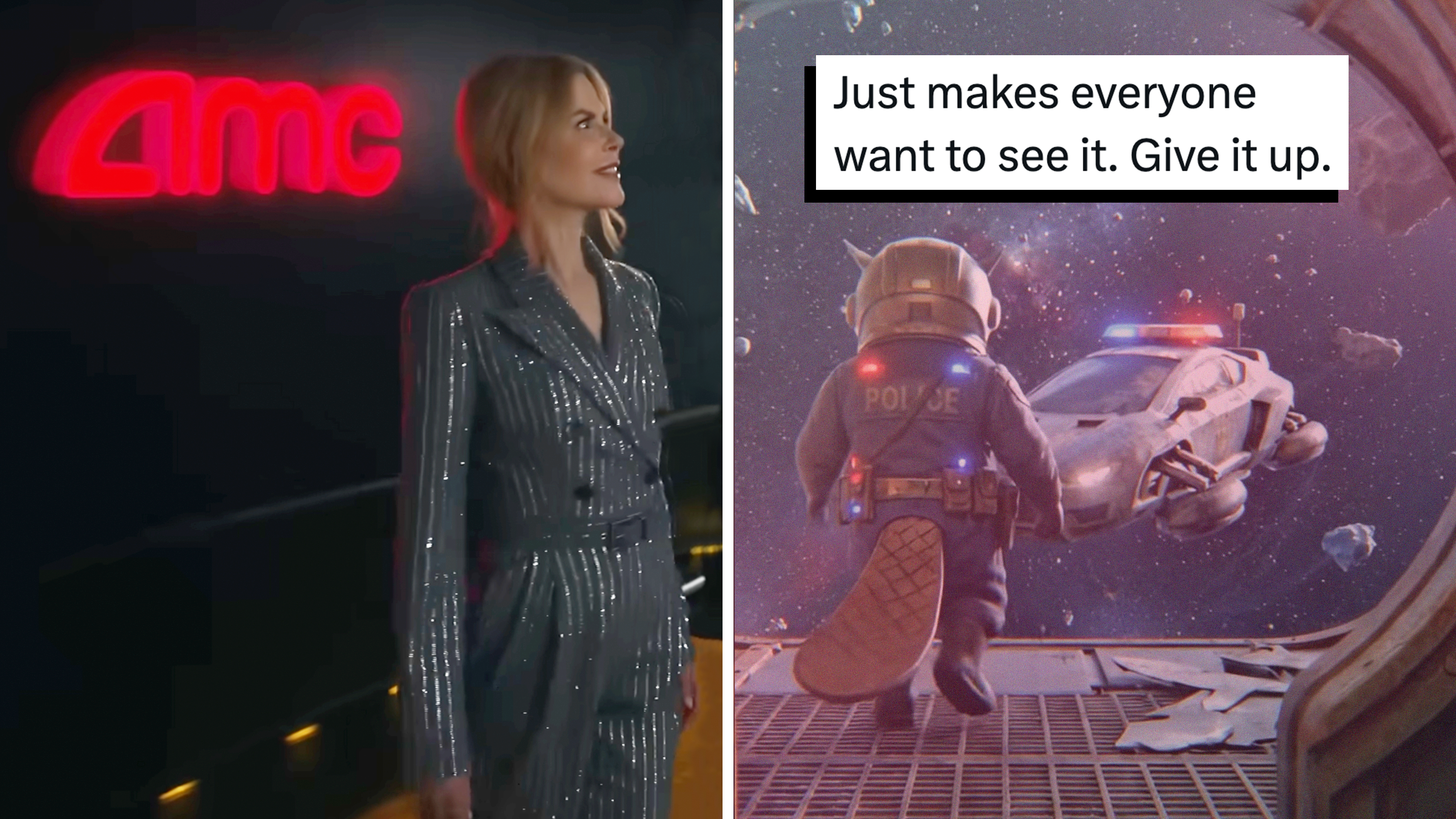A few days after the creator of “EpsteinGPT” got a warning from OpenAI, which runs the AI chat assistant ChatGPT, the company sent him a message informing him that the custom GPT was violating OpenAI’s usage policies and wouldn’t be available for sharing anymore.
“EpsteinGPT has been officially banned,” Patrick Blumenthal, who works in venture capital and hosts the New Frontier podcast, posted on X with a screenshot of the message on Saturday. “Why?”
EpsteinGPT has been officially banned. Why? https://t.co/J63hkFHKZB pic.twitter.com/OeEdUistFj
— Patrick Blumenthal (@PatrickJBlum) January 6, 2024
“because it’s controversial and OpenAI is a big company that has a brand safety lead in the shadows somewhere,” commented @somewheresy.
“Why would it be controversial to talk with a legal doc from a public filing?” asked Blumenthal.
After the first tranche of unsealed documents was released in the Giuffre vs Maxwell civil case last week, Blumenthal compiled those released papers into a single .pdf and fed them into ChatGPT’s custom GPT feature, which lets premium paying users design customized chat assistant tools to carry out specific tasks.
“[I] gave it the documents + these instructions, ‘You are an expert on the Jeffrey Epstein case and you are helping users understand the newly unsealed Jeffrey Epstein documents. Give as much useful detail as possible and be opinionated,’” Blumenthal told the Daily Dot.
He only managed to load the first 1,000-page set of documents though.
“it got shut down by the time all the other stuff [came] out,” he said.
When Blumenthal first released the tool publicly (premium users can share their custom tools with a link), it quickly went viral. But it also quickly attracted the attention of OpenAI’s moderation process, which sent him a message saying that some of the requests associated with his account were flagged by its systems as being “in violation of our policies,” and warned that his access could be “terminated” if they detected and further issues with his usage.
“There is no appeal process unfortunately,” Blumenthal said.
“I’m sure it was manual though,” he added, noting that a few people from OpenAI follow him.
After Blumenthal posted about the takedown notice on Saturday, Logan Kilpatrick, who runs Developer Relations at OpenAI reached out to him on X today.
“Flagged to the team, we are looking into it! Thanks for raising this,” Kilpatrick wrote.
Flagged to the team, we are looking into it! Thanks for raising this.
— Logan Kilpatrick (@OfficialLoganK) January 8, 2024
Kilpatrick didn’t respond to questions about whether the moderation process was automated or manual, or what the process for takedowns is.
Some users on X speculated that the takedown could be explained by a conspiracy—after OpenAI’s founder Sam Altman was briefly pushed out of the company in mid-November the board was reshuffled and former Treasury Secretary Lawrence Summers was installed on the board.
“because larry summers is on the board now,” responded @etoeth to Blumenthal asking why the GPT was taken down.
“Larry Summers and Jeff were boys, and Larry is on the board now,” added @edsgoode.
Larry Summers and Jeff were boys, and Larry is on the board now. ??
— Ed Goode ?? (@edsgoode) January 7, 2024
According to a Wall Street Journal report in May, Summers, who was also once the president of Harvard University, met repeatedly with Jeffrey Epstein and exchanged emails with the pedophile financier soliciting philanthropic donations. Those meetings continued long after Epstein was convicted for soliciting an underage prostitute in a deal in Florida, where he received a light sentence despite facing credible and documented accusations of child sex abuse.
One poster, @btibor91, pointed out that the ban might have had something to do with OpenAI’s Brand Guidelines for custom GPTs, posting a screenshot to sections of the policy that say that “having a GPT’s name end with ‘GPT’ is discouraged but not prohibited.’
— Tibor Blaho (@btibor91) January 8, 2024
The guidelines also note that “names referencing public figures, profanity, and harmful topics are prohibited.”
But Blumenthal questioned why the GPT should be banned, given that he was just asking it to interact and parse public court documents.
“It isn’t like I was prompting it to be alex jones, [I] was just asking it …[to] answer questions about the docs,” Blumental said.

